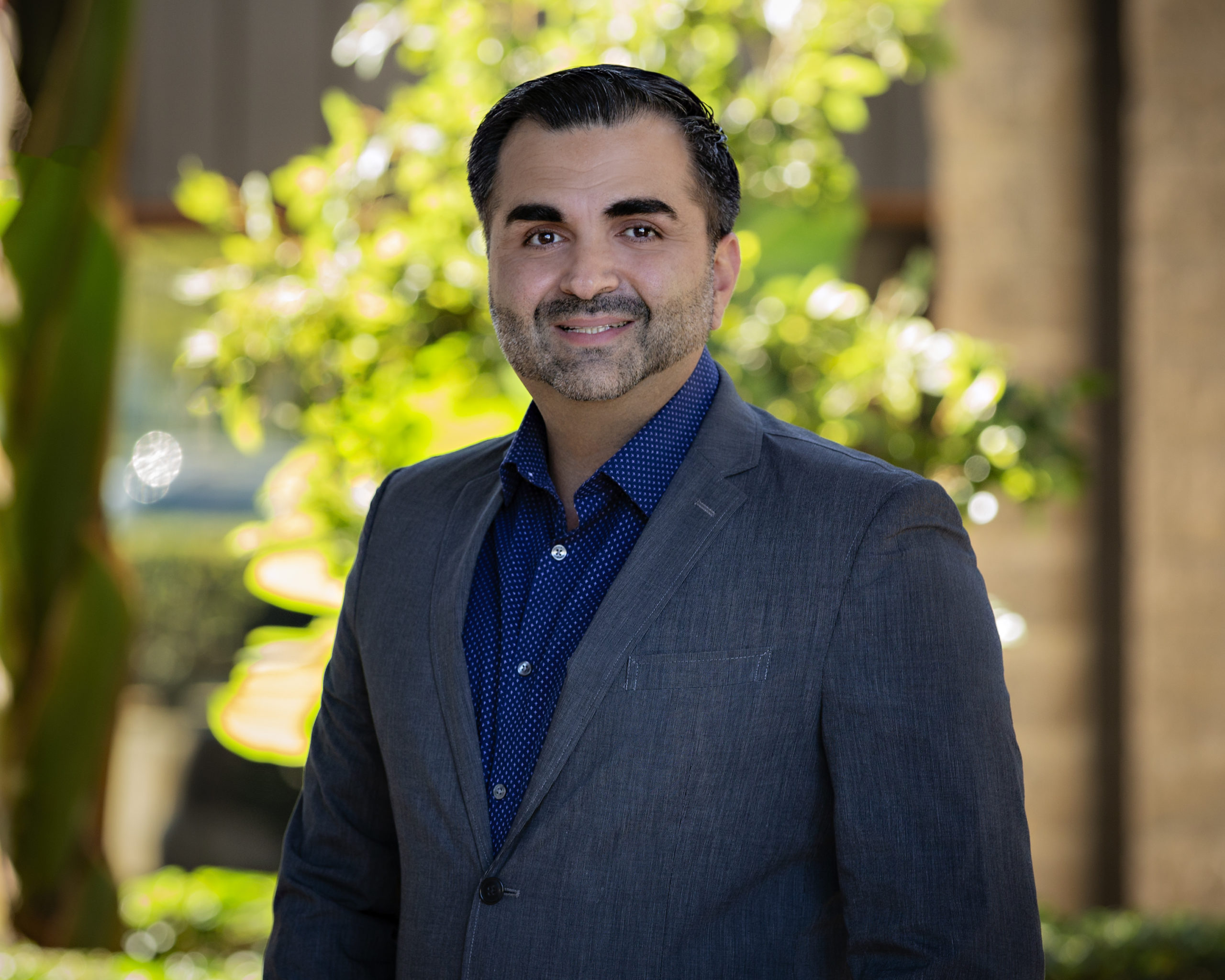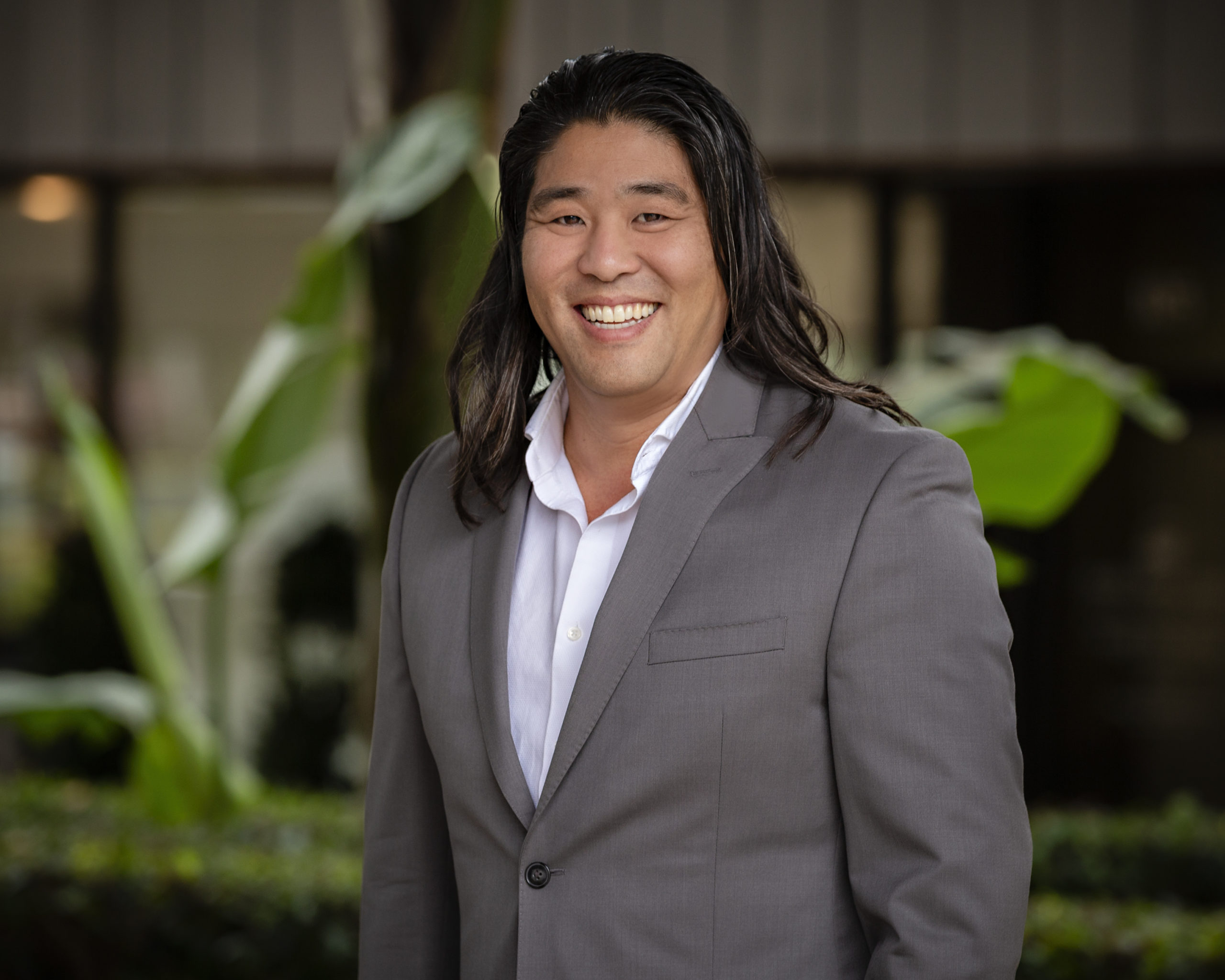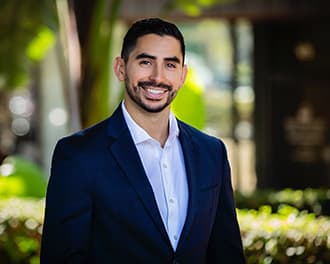
At Oceanfront Recovery, we know that dealing with an anxiety disorder is difficult. Sometimes, you may cope with the uncomfortable symptoms of anxiety with substance misuse and addiction. Our experienced therapists in our anxiety treatment program utilize various treatment modalities to help you overcome your fears and fight your addiction. Our mental health treatment programs in California are specially designed to help those struggling with mental health concerns, including anxiety and substance use disorder.
What Is an Anxiety Disorder?
Anxiety disorders are a group of mental illnesses that cause excessive worry and fear, which can interfere with everyday life and make it difficult to cope. Some common anxiety disorders include generalized anxiety disorder, panic disorder, social anxiety disorder, and phobias. Symptoms of an anxiety disorder may include the following:
- Excessive worrying
- Panic attacks
- Difficulty sleeping
- Heart palpitations
- Feelings of dread and loss of control
- Sweating
- Chest pain or tightness
Anxiety disorders are the most prevalent mental health issues. Anxiety disorder, alongside substance abuse, requires help from experts at Oceanfront Recovery’s dual diagnosis treatment center in California. Our intake specialists will help guide you or your loved one to the best treatment programs for your situation. It’s common for a mental health concern like anxiety to provoke a substance use disorder.
The Link Between Anxiety and Substance Use
Often, individuals will be unaware they are dealing with an anxiety disorder. They will be aware that they are in discomfort, and self-medicating with alcohol or drugs relieves their distress. Unfortunately, this only masks the issue allowing it to worsen while also putting the individual at greater risk of developing an addiction. Similarly, individuals with a substance use disorder are at a much higher risk of developing a mental health concern. Their body and brain chemistry are altered, making them more susceptible. Our dual diagnosis treatment program is designed to address both issues simultaneously, allowing individuals to heal more thoroughly. Aside from treating anxiety disorders, our mental health programs also include the following:
- ADHD treatment
- Bipolar disorder treatment
- Depression treatment
- OCD treatment
- PTSD treatment
- Schizophrenia treatment
- Seasonal affective disorder treatment
It is understandable to self-medicate anxiety with substances, but it only worsens the symptoms. It is essential to reach out for help and support.
Types of Anxiety Disorders Benefiting from an Anxiety Treatment Program
There are various kinds of anxiety disorders, including (but not limited to):
- Generalized anxiety disorder – Characterized by excessive worry and fear about everyday events or activities.
- Social anxiety disorder – Characterized by intense fear or anxiety in social situations, which can lead to avoiding social interactions altogether.
- Panic disorder – Marked by sudden and unexpected panic attacks, often accompanied by physical symptoms such as heart palpitations, chest pain, and shortness of breath.
- Agoraphobia – An anxiety disorder involving fear and avoidance of places or situations that may cause panic, embarrassment, or helplessness.
- Specific phobias – Fear and avoidance of specific objects or situations, such as heights, flying, animals, etc.
- Obsessive-compulsive disorder (OCD) – Characterized by recurring unwanted thoughts or obsessions and repetitive behaviors or compulsions.
- Post-traumatic stress disorder (PTSD) – A type of anxiety disorder that can develop after experiencing a traumatic event, causing intense fear, flashbacks, and avoidance of triggers.
Each type of anxiety disorder can have a significant impact on an individual’s daily life, relationships, and overall well-being. Fortunately, treatment is available.
While the exact cause of anxiety disorders is unknown, researchers believe they result from a combination of several factors, including genetic, developmental, psychological, and environmental. They can run in families and may occur in conjunction with another mental health issues. Sometimes, people with anxiety disorders turn to alcohol or other substances to help quell their symptoms. They end up in a vicious circle of addiction, requiring help from an anxiety treatment program.
Treatment for Anxiety Disorders
Effective treatment for anxiety disorders varies from person to person, depending on the type of disorder and severity.
Some common treatments include therapy, such as cognitive-behavioral therapy (CBT), which focuses on identifying and changing thought patterns and behaviors that contribute to anxiety; medication, including antidepressants or anti-anxiety drugs; and lifestyle changes, like regular exercise, healthy eating habits, and stress management techniques.
Anxiety treatment programs often combine these approaches to help individuals manage their symptoms and improve their overall well-being. These programs may also offer support groups, education on coping skills, and strategies for managing triggers or challenging situations.
Oceanfront Recovery works with most in-network partners and may cover ALL costs so you or your loved one can focus on recovery.

Discover How Oceanfront Recovery Can Help
If you or a loved one needs help managing your anxiety and conquering your addiction, contact Oceanfront Recovery today and speak confidentially with one of our experienced intake specialists. Take the first step to recovery. Reach out for help by calling our anxiety treatment center at 877.296.7477.
CLINICAL TEAM

Dr. Mandy Neeble-Diamond
CLINICAL SUPERVISOR

Dr. Mahallati

Matthew Kinoshita, LMFT
Clinical Director

Ernesto Paz, LMFT
Lead Therapist





